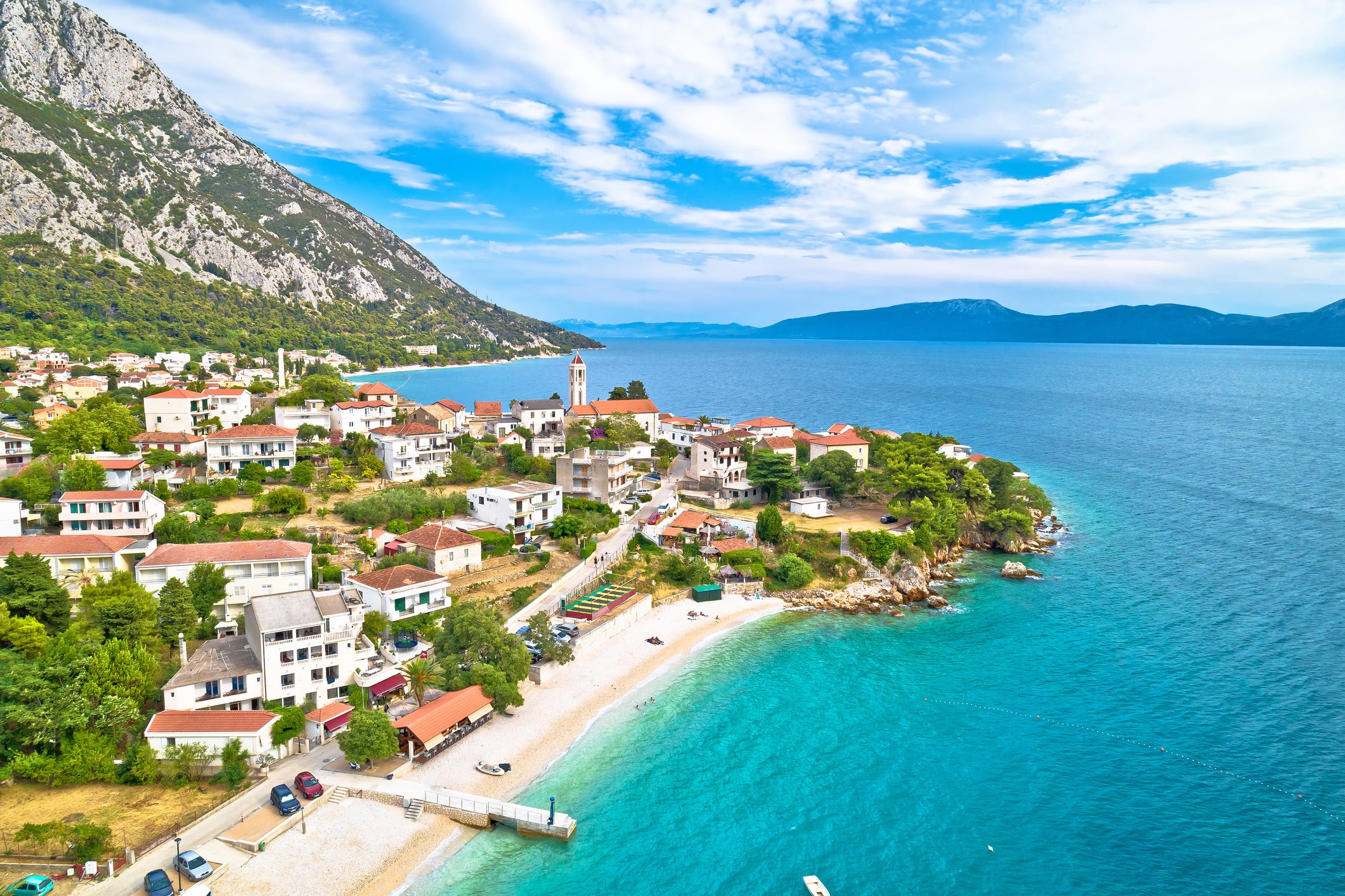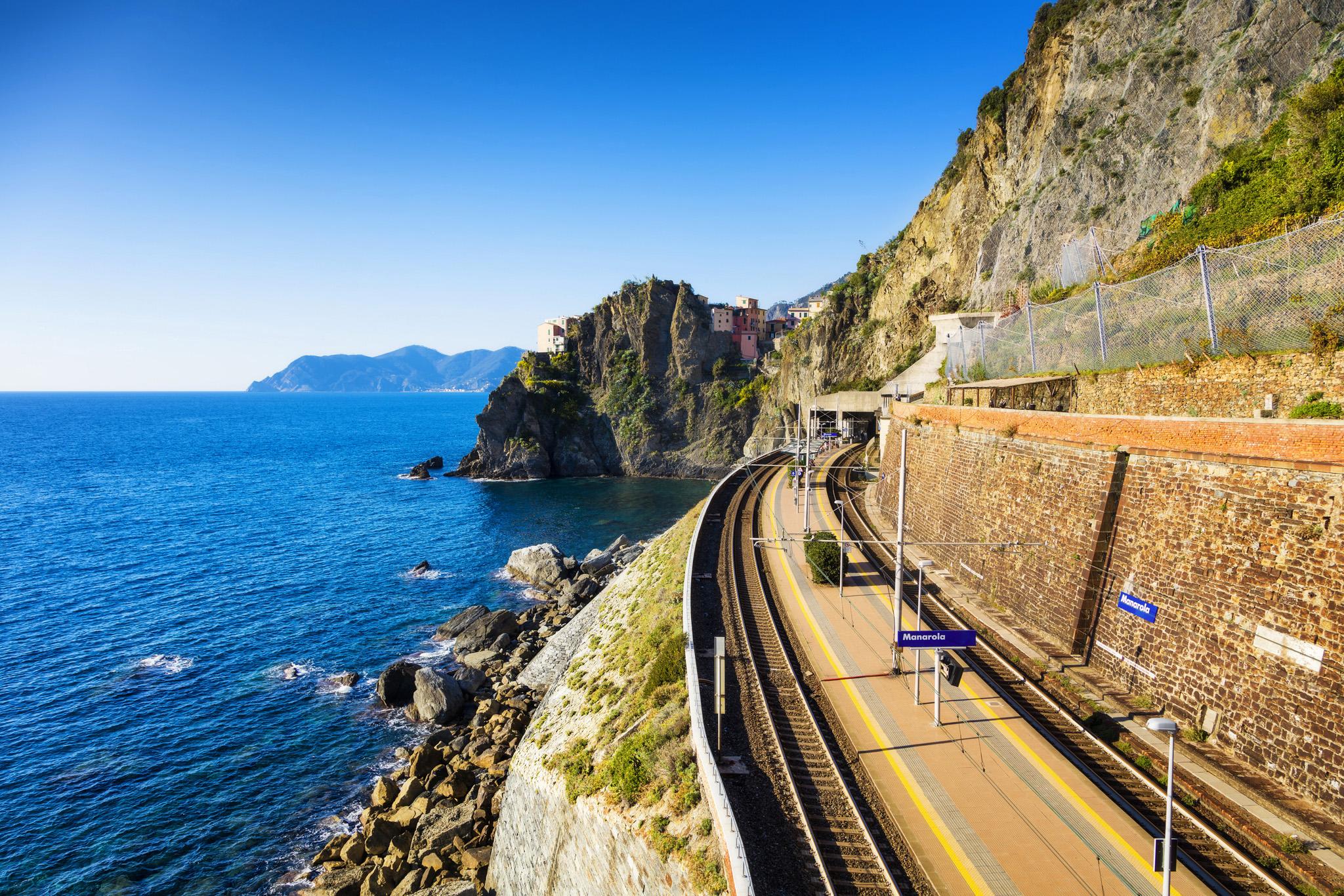Should I renew my passport before travelling to Croatia?
Simon Calder answers your questions on travel documents, post-Christmas documentaries and Italian railways


Q I am travelling to Croatia at the end of the month and return on 2 October. My passport was issued on 2 January 2013 and runs out exactly 10 years later on 2 January 2023. A chap at easyJet said I should renew my passport before I go, but I don’t think I will have time. Where do I stand?
SCHG1960 via the latest Ask Me Anything at independent.co.uk/travel
A After the UK’s choice to become “third country nationals” when leaving the EU, two post-Brexit conditions on validity apply to British passports for travel to the European Union:
Younger than 10 years old on the day you travel to the EU.
At least three months remaining on the day you intend to leave the EU.
Your passport evidently passes the first test – and clears the second hurdle by the smallest possible margin. It has exactly three months remaining on 2 October. Were you booked to come back a day later then you would be in trouble.
It is actually a positive that you are flying on easyJet, because last week Britain’s biggest budget airline finally put a sensible policy in place to avoid yet more cases of airport ground staff wrongly turning passengers away. Regrettably the carrier ignored the actual European rules and imposed its own more stringent conditions, and compounded the errors by blaming passengers and refusing compensation.
At last, any decision at the airport to deny boarding to an individual based on passport validity will need to be signed off by an easyJet supervisor. Given that they know and you know that your passport complies, you should not have a problem. Incidentally, if your homeward flight is cancelled and you end up being in Croatia with less than three months remaining on your passport, that is not an issue, either: one reason the EU put the three-month stipulation in place is to provide a cushion for unexpected events.
Finally, you probably do have enough time to renew your passport – assuming you do so online, and get everything right on the application. But in your position I wouldn’t take the risk. HM Passport Office says: “Allow up to 10 weeks to receive your passport.” This is a ludicrously long time for a simple renewal, but it means that if yours gets stuck in the system and you miss your holiday then you cannot claim compensation.

Q We’d like to book a holiday for the first week of January 2023. Can you recommend the best places to go and the best time to book it for?
Joy D
A The answer slightly depends on how you are defining “the first week of January”. If you intend to leave on New Year’s Day, you will find yourself competing with plenty of families setting off on one-week holidays; with a return date of Sunday 8 January, many with school-age children will be able to do so with term beginning the following day. Demand is strong and supply is increasingly scarce. So for departures within hours of 2023 beginning, booking now is probably a good plan.
But the later you are able to go, the better will be the value, the thinner the crowds and the closer to departure you can book.
To illustrate the benefit a few days can make: for a week in Tenerife with Tui, the cheapest deal for a week on 1 January is £437 per person, based on two travelling together. This is for daytime flights outbound from Gatwick (evening flights coming home), staying at self-catering Casablanca Apartments in Puerto de la Cruz. The price per person currently is £53 cheaper if you depart on 4 January. But I would wait until mid-December before booking, because I believe that price could fall.
I mention Tui because in your position I would be looking to book a package holiday with it or Jet2, for value and consumer protection. The Canary Islands would be my first choice: Tenerife and La Palma being my favourites, with Gran Canaria and Lanzarote also appealing.
If you intend to do some serious walking and eating, then nearby Madeira may appeal more – base yourself in the island’s graceful capital, with some outstanding restaurants plus public transport to attractive locations around the island.
Morocco, Tunisia and Malta are also worth considering.

Q I have just arrived in the glorious Italian city of Lecce. I decided to get the train from Brindisi. I was really surprised to discover no means of getting between platforms apart from the stairs at either station. Is this typical of rail travel in Italy?
DW
A Bluntly, yes. Stations off the main lines in Italy – as with many rural parts of other European countries – do not provide anything like the same scale of accessibility as you would expect on transport elsewhere. The big Italian city stations are properly equipped for people using wheelchairs, and for that matter so are most intercity trains.
Mark Smith – who runs the seat61.com international rail website – says: “Most fast trains … between major Italian cities have wheelchair spaces and wheelchair-accessible toilets.”
But the further you get from cities such as Milan, Turin, Rome and Naples, the less heed is paid to the needs of the less-able rail traveller, or passengers loaded down with ambitious quantities of luggage and/or children. At quieter stations, the business of installing lifts appears to be regarded as too expensive and difficult (requiring extensive remodelling), so relatively quiet stations are left as they are.
Accessibility will improve slowly, driven by European Union directives, but there is a long way to go.
Hats off, meanwhile for choosing to holiday in one of the loveliest parts of Italy: Puglia, the elegant heel of Italy. The further you venture along the stiletto, the thinner the crowds and the greater the rewards.
See if you can reach the town of Santa Maria di Leuca: the exclamation mark at the southern tip of Italy’s heel, and where an excellent seafood lunch awaits at the Caffe do Mar.
Email your question to s@hols.tv or tweet @Simon Calder


Join our commenting forum
Join thought-provoking conversations, follow other Independent readers and see their replies
Comments